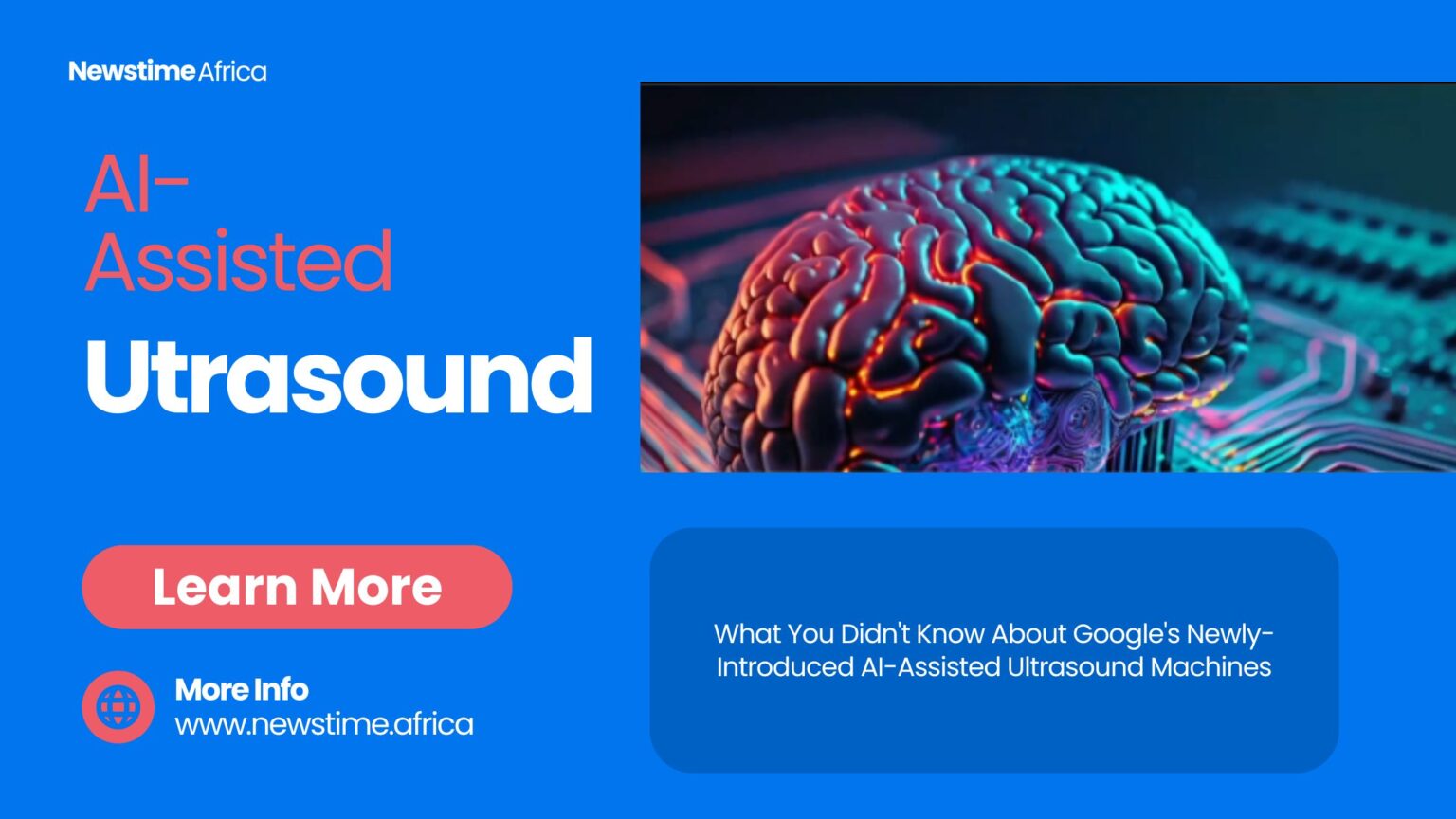In Kenya, when it comes to healthcare (especially maternal health) access and quality are often two major concerns.
But what if technology could bridge that gap, ensuring that more pregnant women receive the care they need, even in the most remote areas?
That’s exactly what Google is hoping to achieve by testing its new AI-assisted ultrasound machines in hospitals across Kenya.
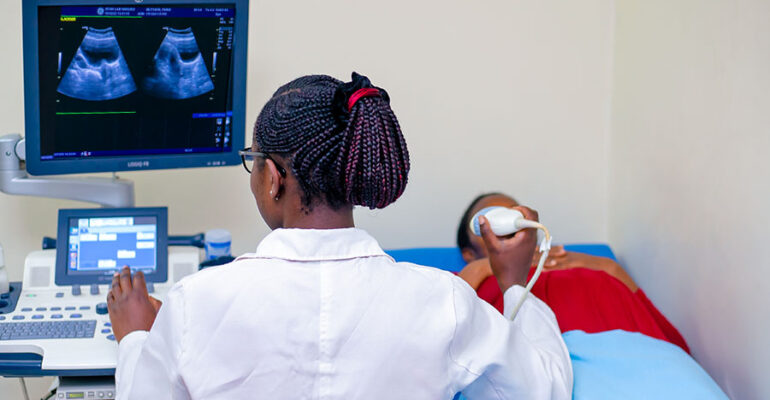
Now, I know the mention of AI (artificial intelligence) might sound a bit sci-fi or even intimidating.
But, let me break it down for you—this technology could revolutionize how maternal health services are delivered in our country, and it’s a lot easier to understand than you might think.
What’s an Ultrasound, and Why Is AI Involved?
First, let’s talk about ultrasound the tool doctors use to check on the baby’s health during pregnancy. It’s that device that sends sound waves into the body to create an image of the baby.
For years, doctors and trained technicians have had to manually look at these images, interpret them, and figure out if there are any problems with the pregnancy.

But here’s the thing: in many parts of Kenya, especially rural areas, there aren’t enough experts around who can do this.
That’s where AI comes in. Instead of waiting for a specialist or traveling long distances to a well-equipped hospital, this technology helps doctors and nurses interpret the images in real-time—yes, as the ultrasound is happening.
How Does AI Help in an Ultrasound?
Imagine you’re a healthcare worker in a small clinic. You have an ultrasound machine but no specialist to help you interpret the images. With AI-assisted ultrasound, the machine will do much of the hard work for you.
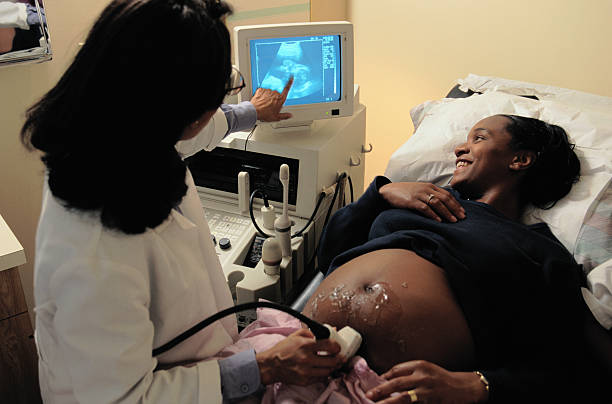
1. Simplifying Image Reading
The AI has been trained using thousands of ultrasound images, so it knows what to look for in a healthy pregnancy and when something might be wrong.
It can spot early signs of complications that might go unnoticed by the untrained eye. This means faster diagnoses and more accurate care.
2. Real-Time Help
Let’s say the healthcare worker isn’t sure if they’re holding the ultrasound probe at the right angle to get a clear image of the baby.
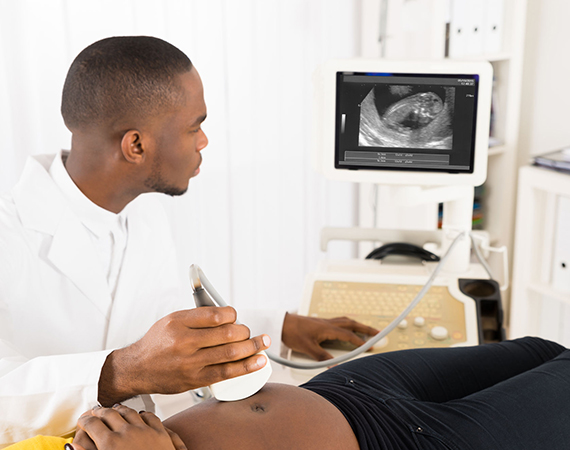
The AI can guide them, suggesting how to move the probe for the best results. This is incredibly helpful, especially for clinics that don’t have trained ultrasound technicians.
3. Reducing Mistakes:
Human error is normal, but AI can reduce that. By analyzing the images in real-time, it helps avoid potential mistakes, ensuring mothers and babies get the care they need.
How Can This Technology Improve Maternal Health in Kenya?
Here’s where the real impact comes in. Kenya still faces high maternal mortality rates, and one big reason is the lack of regular, quality prenatal check-ups.
Women, especially in rural areas, might go their entire pregnancy without a single ultrasound, simply because there’s no one to perform or interpret the scan.
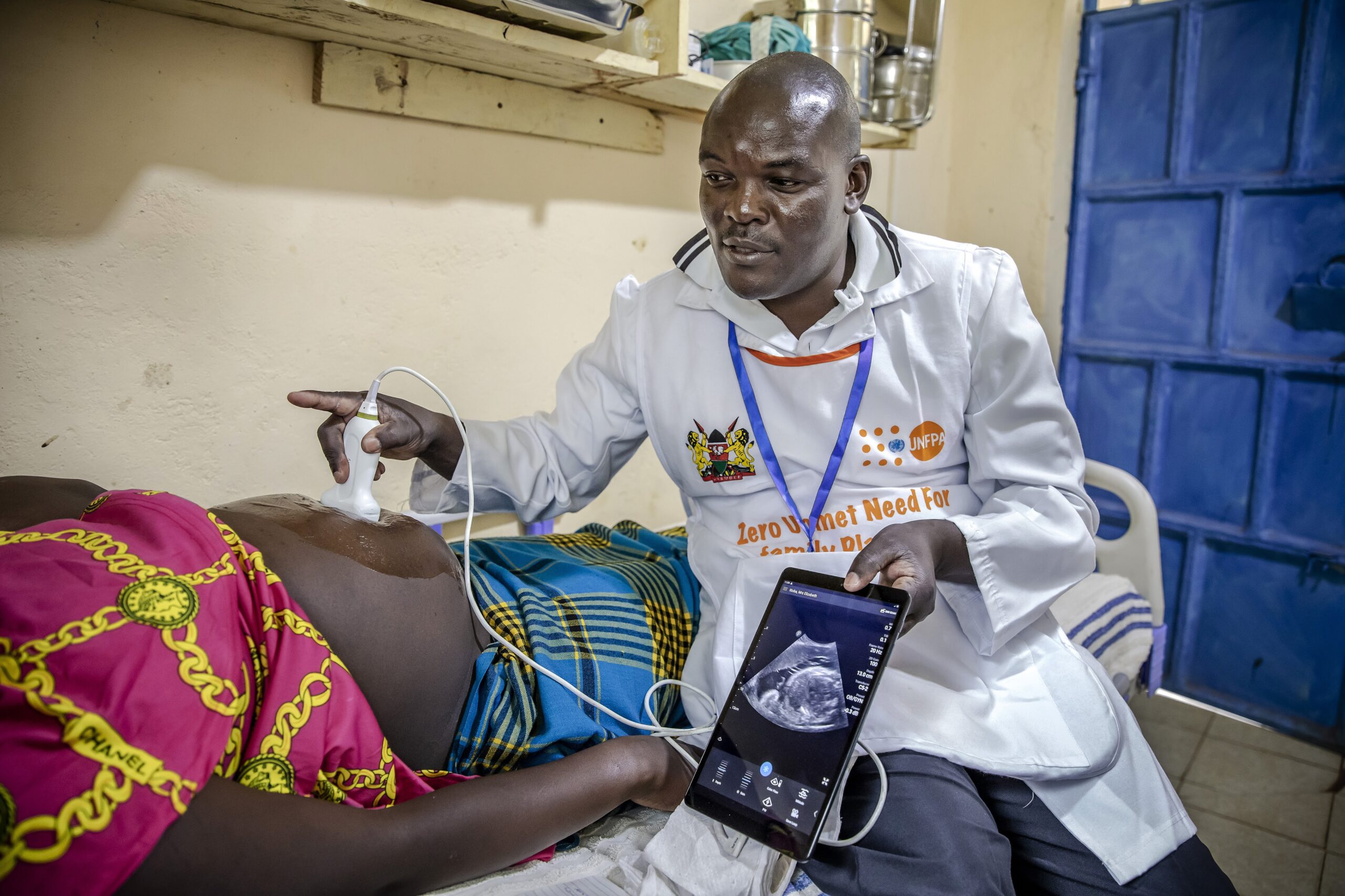
Now, with AI-assisted ultrasound machines, here’s how things could change:
1. Bringing Care Closer to Home
AI doesn’t need a trained specialist on-site, which means local clinics in even the most remote regions can offer quality prenatal care.
Women no longer have to travel hours just to get an ultrasound—making it easier to monitor pregnancies and catch problems early.
2. Faster, More Accurate Diagnoses
Pregnancy complications, like abnormal fetal growth or placenta issues, can be life-threatening if not detected early. AI can spot these issues quickly, giving healthcare workers the chance to act before things get serious.
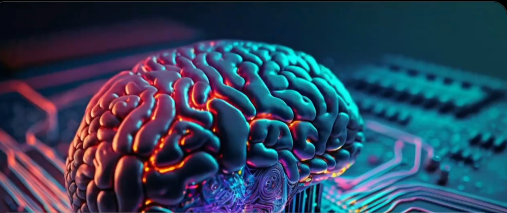
3. Relieving Pressure on Healthcare Workers:
With fewer doctors and nurses to go around, technology like this helps them handle more patients while still delivering top-notch care. It’s like having an extra pair of expert eyes that never get tired or distracted.
Let’s Address the Concerns: Can AI Really Do This?
At this point, you might be thinking, “Can a machine really be trusted with something as important as pregnancy care?” That’s a valid concern.
But it’s important to understand that AI is not replacing doctors or nurses. It’s a tool, a very smart one, that helps them do their job better.
The healthcare worker is still the one making the final call, but they now have access to more accurate information, thanks to AI.
Think of AI as an assistant that never sleeps, doesn’t get tired, and can process vast amounts of information in seconds. It doesn’t remove the human element—it enhances it.


